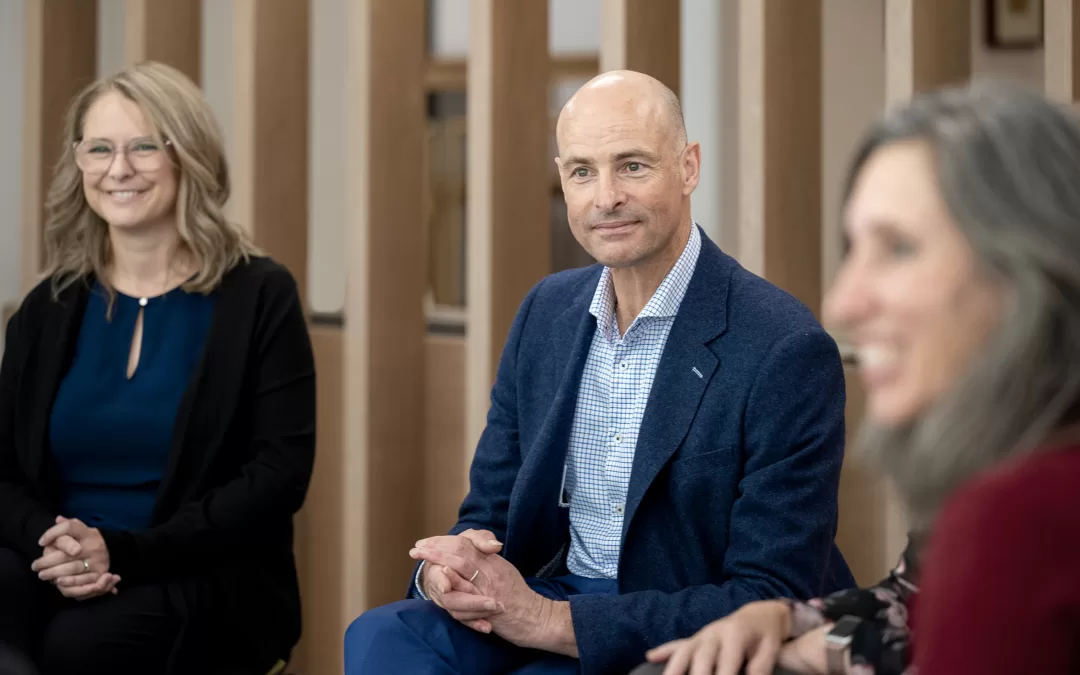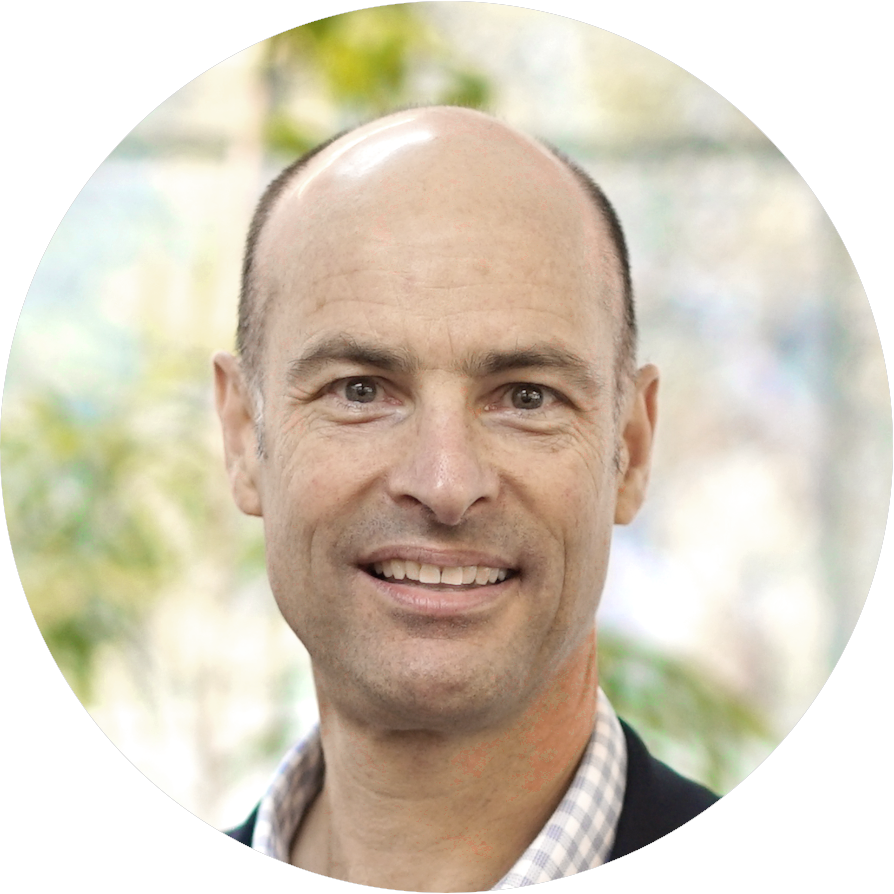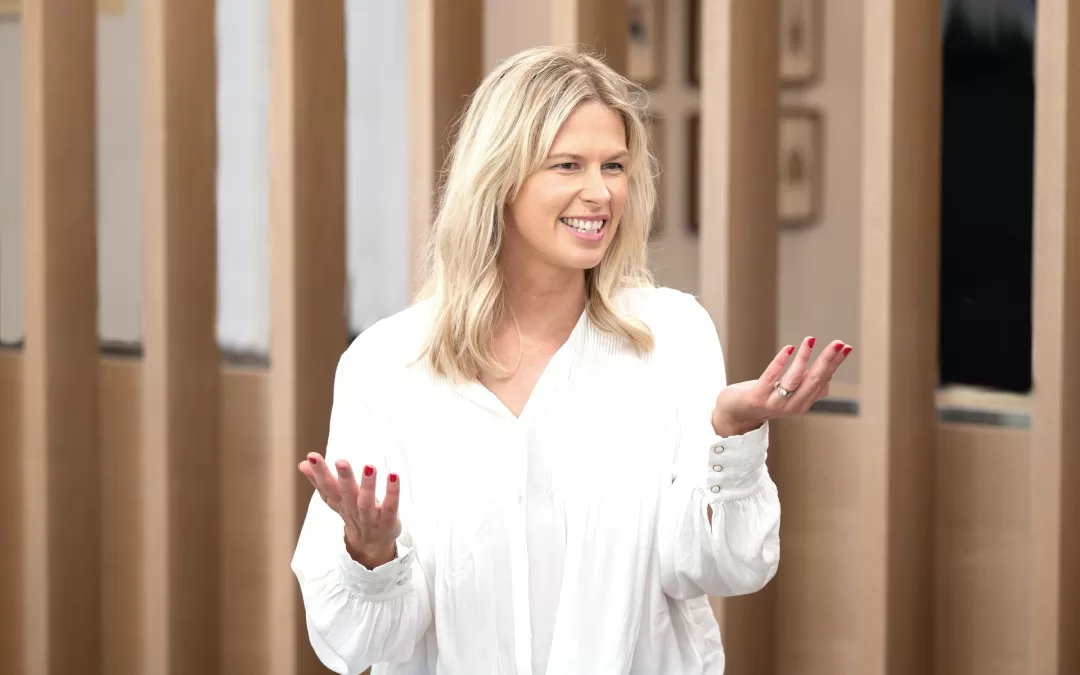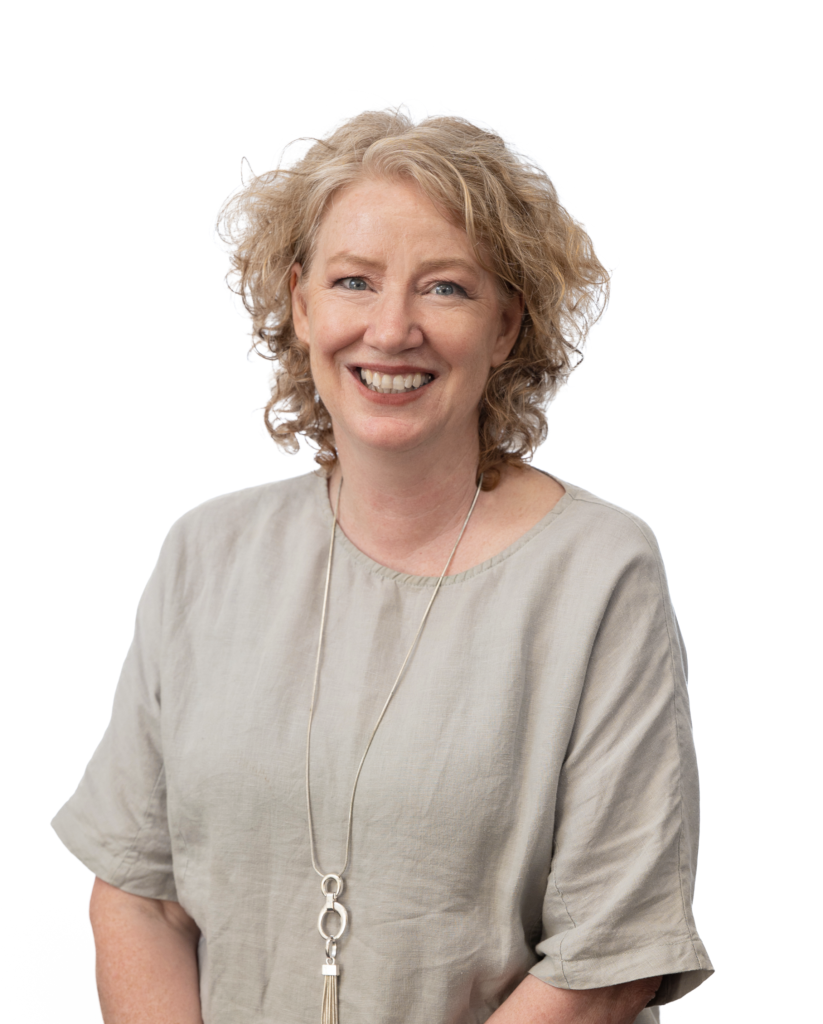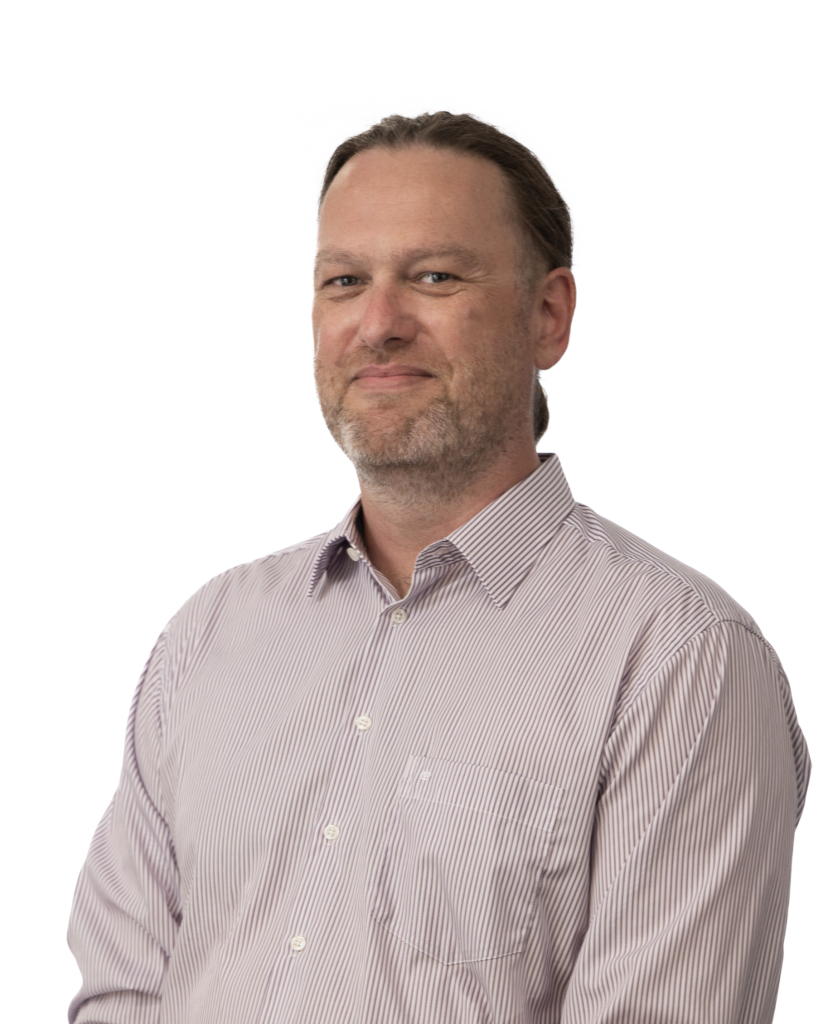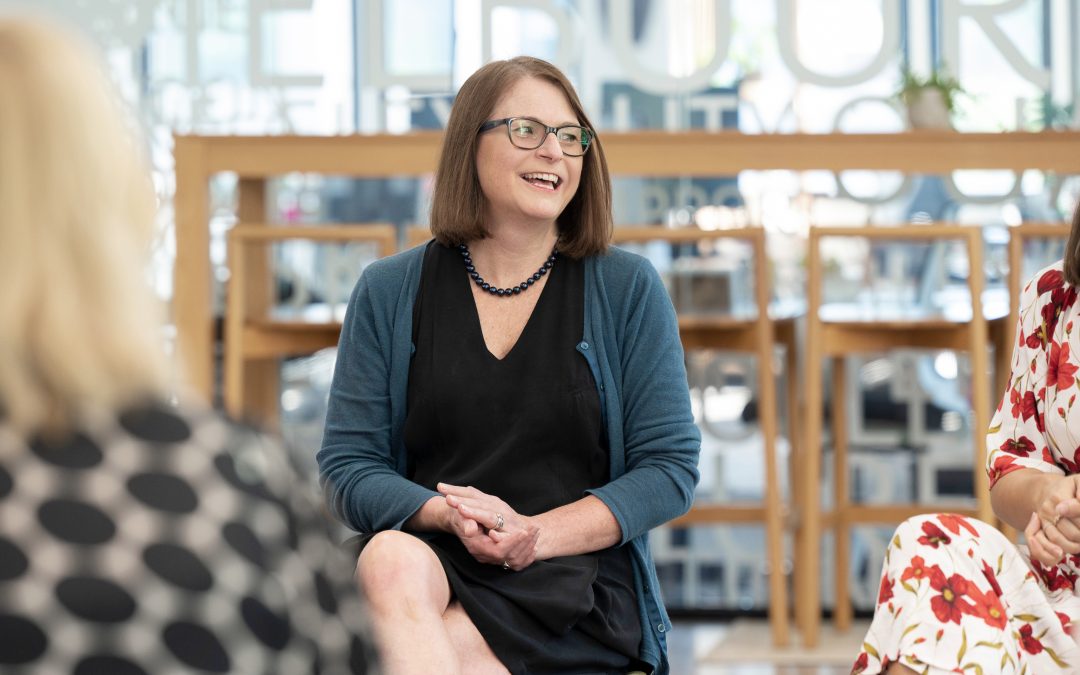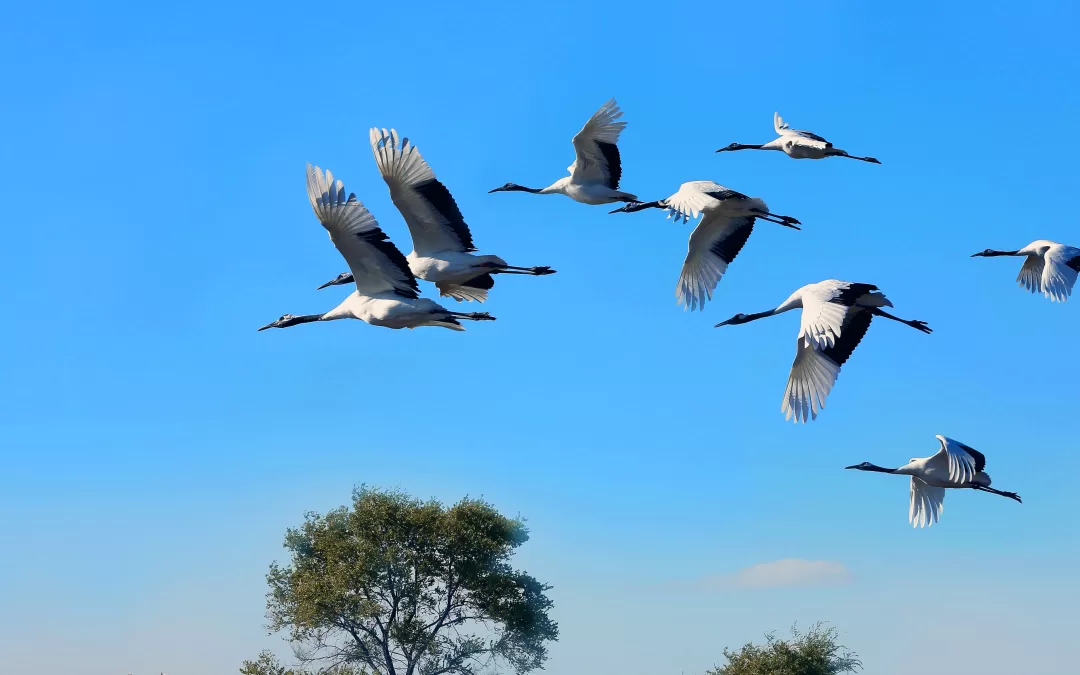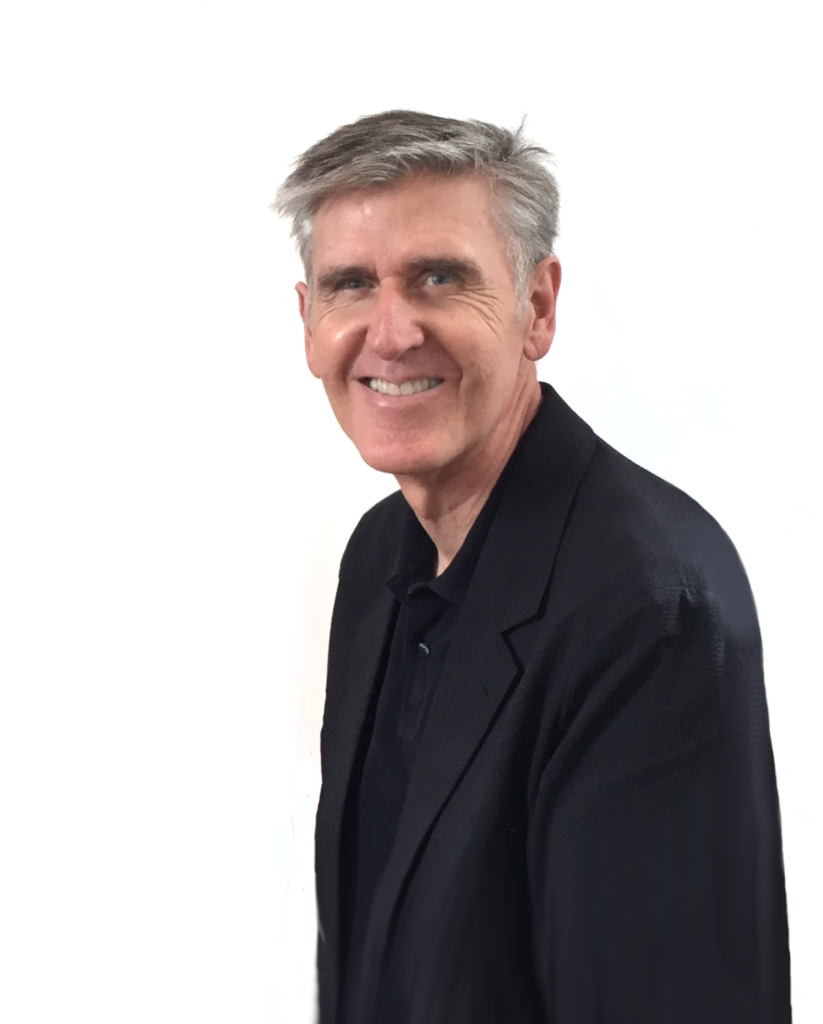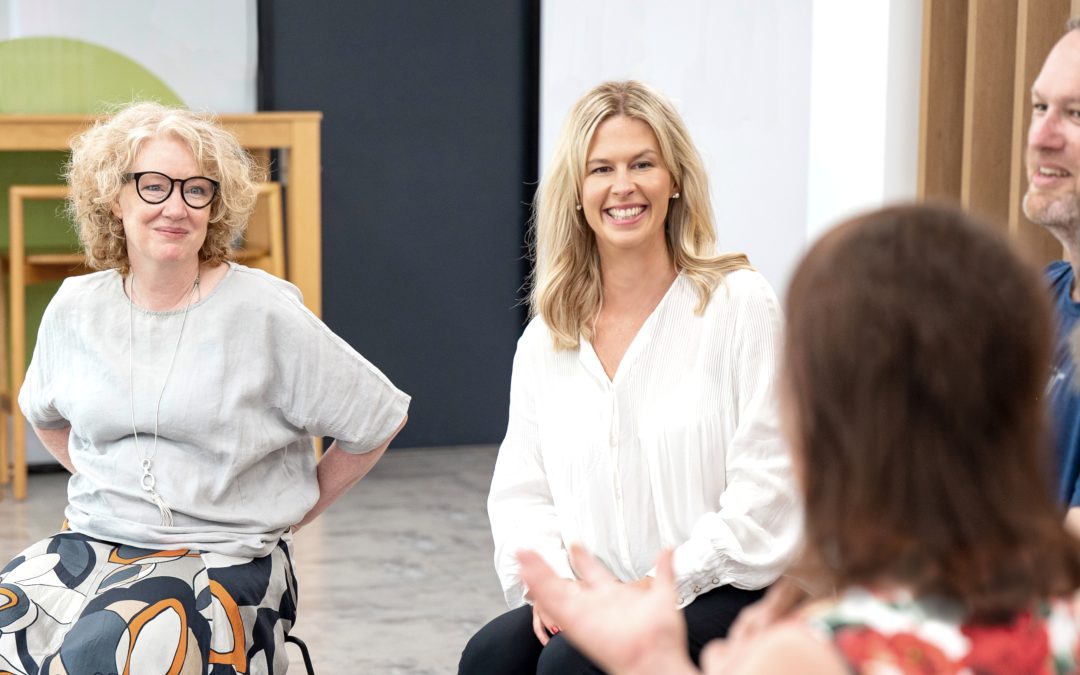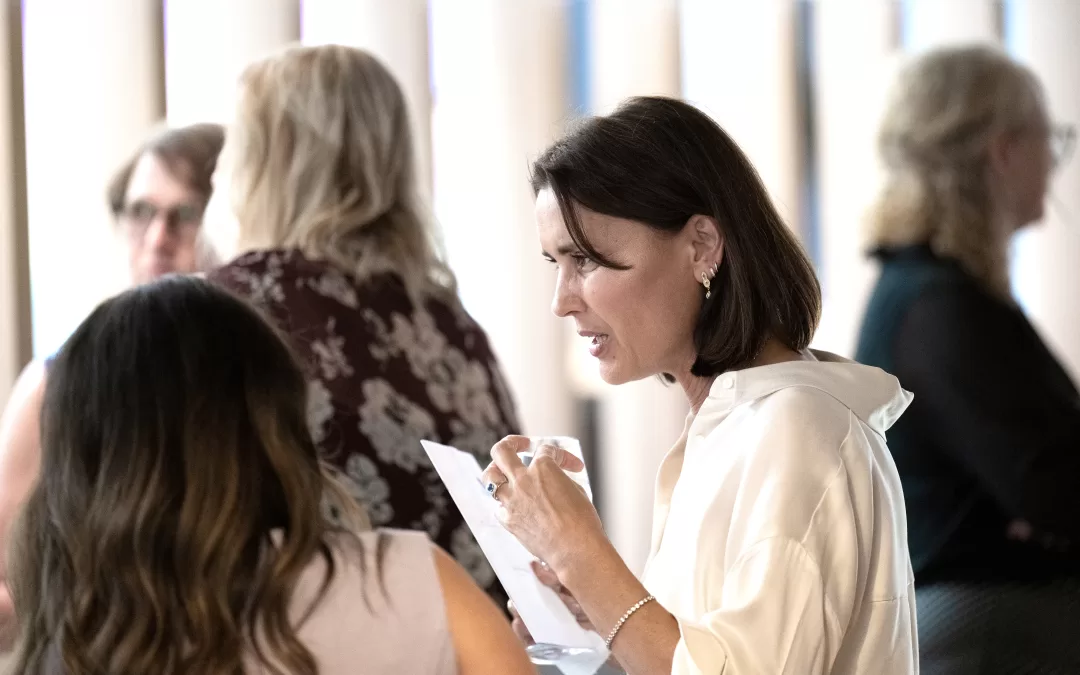
Exploring workplace dynamics together
Exploring workplace dynamics together
Exclusive AODA workshop
📆 Tuesday 21 May 2024
Exploring workplace dynamics together
Join alumni for an engaging 90 minute workshop – exploring workplace dynamics!
Designed to offer you an enriching experience to share and gain valuable insights and tools to navigate workplace dynamics effectively.
What’s included in this exclusive AODA development session?
Check-In: Let’s start by bringing our authentic selves into the room, setting the stage for open and honest discussions
Focus 1: You’ll have the opportunity to join breakout rooms where you’ll identify with like-minded peers to share and discuss anecdotes
Focus 2: Build the universal glossary – at each AODA event, participants will contribute to a glossary of System Psychodynamic terms in accessible language
Focus 3: Plenary
Who should attend this immersive session?
Members of Alumni of Organisation Dynamics Australia (AODA) who are interested in making systems psychodynamics accessible and applicable to your workplace.
If you have studied organisation dynamics at NIODA, RMIT, Swinburne or an equivalent course, and are not yet registered with AODA, please click this link: https://form.jotform.co/82477989122874 to register for AODA first.
Exploring workplace dynamics together
Day(s)
:
Hour(s)
:
Minute(s)
:
Second(s)
Anecdote outline
Sector
Share your workplace context, whether it’s public, for-profit, non-profit, or a family business.
Key psychodynamic focus
Highlight the main focus of your anecdote, such as envy, basic assumptions, object relations, etc.
Approach
Describe how you approached the situation or challenge within your workplace.
Lessons Learned
Reflect on the valuable lessons you gained from your experience.
Submission process
Prior to the gathering, submit your anecdote following the outline above. In case of any issues, our committee is ready to step in to ensure a seamless experience.
RSVP
Choose your preferred mode of participation – in person or remote – and don’t forget to include details of your anecdote based on the provided outline.
Don’t miss out on this opportunity to connect with peers, gain fresh perspectives, and enhance your understanding of workplace dynamics. Reserve your spot now and get ready for an engaging and insightful workshop experience!
📆 Date & TIME
6.00 – 7.30 pm – 21 May 2024
💷 For only
AUD $49 onsite
AUD $29 online
Post workshop refreshments included
👩🏻💻 Location
Bourke Street, Melbourne
Exploring workplace dynamics together
A workshop designed to offer you an enriching experience to share and gain valuable insights and tools to navigate workplace dynamics effectively.
Alumni Committee
Cameron Brooks, Susan Campbell, Belinda Bywaters, Nikola Zaorska, Penny Aquino, Helen McKelvie, Sally Mussared, Ellie Robinson
.
About NIODA
The National Institute of Organisation Dynamics Australia (NIODA) offers internationally renowned post-graduate education and research in organisation dynamics, and decades of experience consulting with Australian organisations.
The study of organisation dynamics brings together socio-technical and psychoanalytic disciplines to explore the unconscious dynamics that exist in every group, team or organisation. Learning more about these theories, and reflecting on the experience of them, can support leaders and managers to unlock great potential in their organisations, tackling issues through a whole new light.
PO Box 287, Collins Street West,
Melbourne 8007 Australia
+61 (0) 414 529 867
info@nioda.org.au
NIODA acknowledges the Kulin Nations, and respective Traditional Custodians of the lands we work on.
We pay our respects to Elders past and present, and recognise their enduring sovereignty which has, and continues to, care for Country.
NIODA welcomes the Uluru Statement from the Heart’s invitation to walk with Aboriginal and Torres Strait Islander peoples in a collective movement for a better future.

